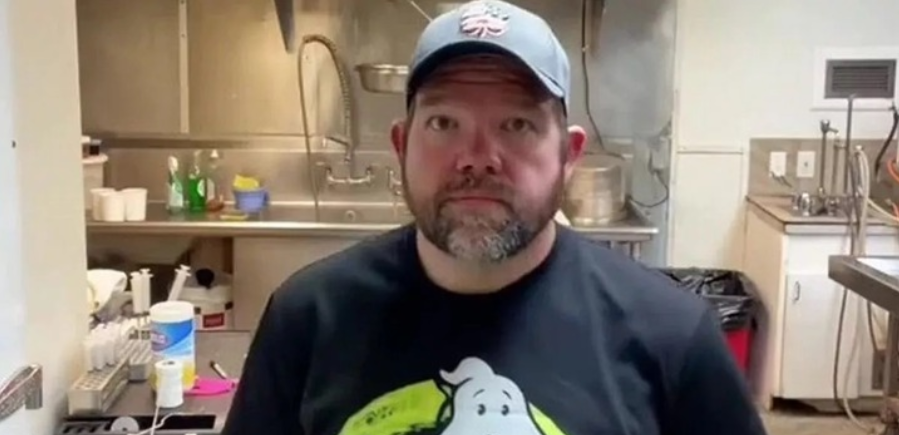
Two people are infected with HIV in the Volta Region every day, the Programme Manager of the National AIDS Control Programme (NACP), Dr. Stephen Ayisi Addo, has revealed.
He, therefore, called on the public to take bold steps and undergo HIV tests to know their status. That, he explained, would help people living with HIV (PLHIV) receive early antiretroviral treatment (ART) to ensure viral suppression and curb the trend.
Dr. Addo was speaking at a durbar at the Ho Jubilee Park last Friday (July 5) after the Health Walk on “Antiretroviral Therapy @20,” by members of the public on the main streets of Ho. The morning workout was organised by the NACP, in collaboration with the Volta Regional Health Directorate and the Ghana AIDS Commission, under the theme “Celebrating the Success of Antiretroviral Therapy in Ghana.”
Meanwhile, Dr. Addo said 12,000 people died of HIV-related diseases in the country last year. He noted that 150,000 PLHIV in the country are now receiving ART.
Dr. Addo emphasized the need to consolidate the progress of ART in the country over the past two decades. He called on the citizenry to live sexually responsible lifestyles to support global strategies to end the AIDS epidemic by 2030. “We need a healthy nation for progress and to attain the Sustainable Development Goals,” he added.

Local resources
The President of the Ghana HIV and AIDS Network, Ernest Amoabeng Ortsin, highlighted the need for the government to provide domestic resources to support HIV control activities. “We cannot continue to rely on donor funding alone for these programmes,” he maintained.
Mr. Ortsin, who is the acting President of the Ghana Country Coordinating Mechanism of the Global Fund, stressed that it was time for the National HIV/AIDS Fund to be made operational.
The President of the Network of Associations of People Living with HIV, Elsie Arye, said HIV was still present in Ghana, infecting more people. She emphasized that Ghana must be protected against new infections and added that people who tested positive for HIV had no right to willingly transmit the virus to others.
The Regional Pharmacist, Kwesi Brenyah, noted that many people in the region still did not know their HIV status, which hindered HIV control and early treatment efforts. He, therefore, added his voice to the call for people to take bold steps to test for HIV and know their status.
Content by: Alberto Mario Noretti




